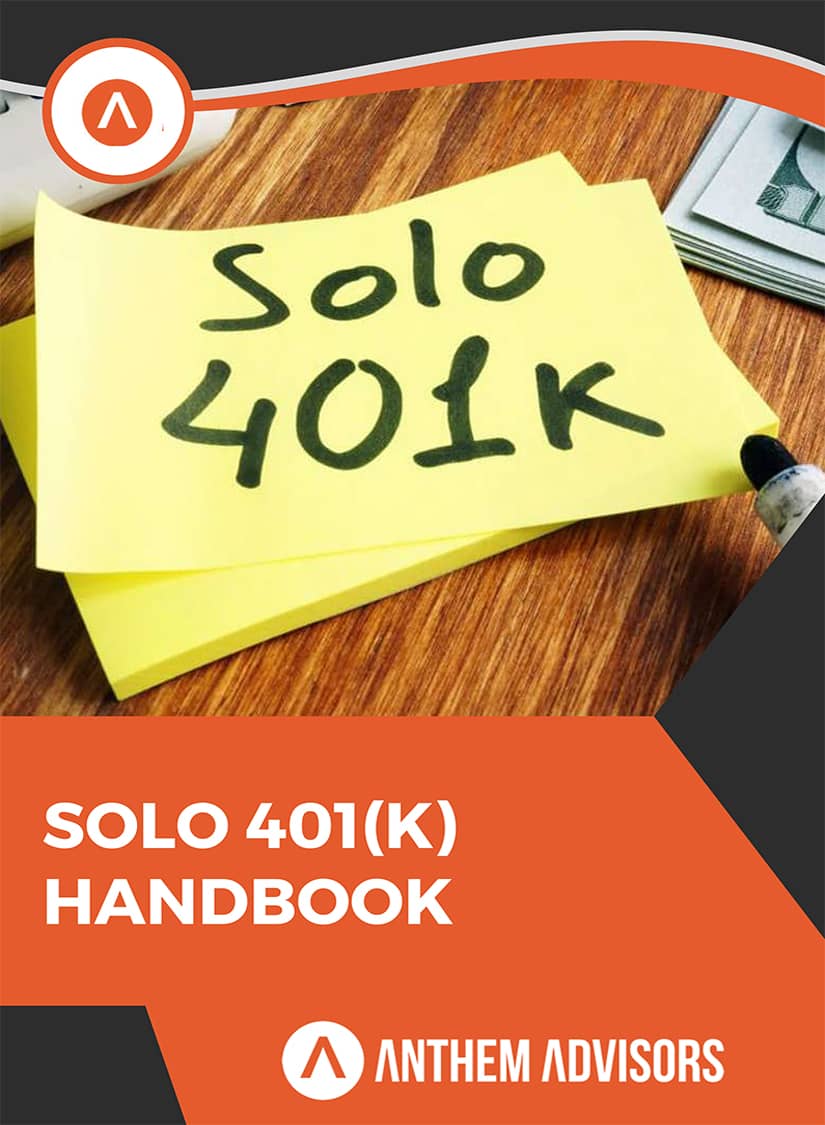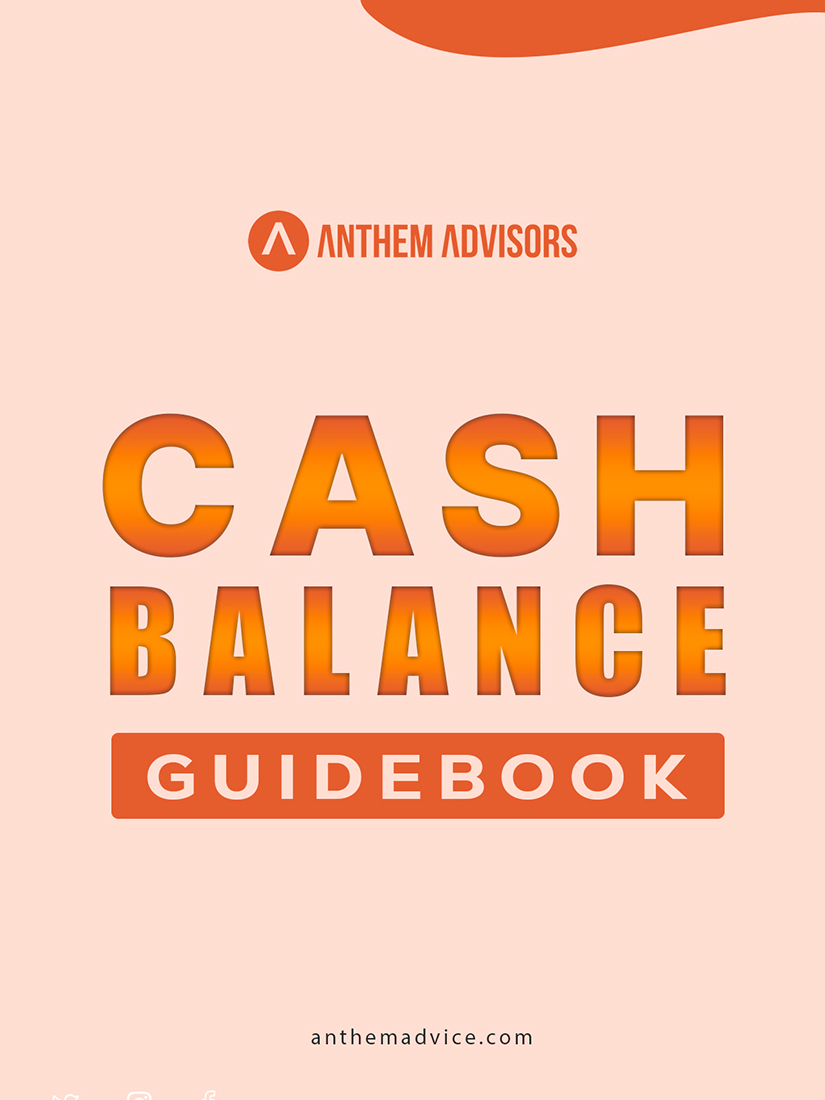Consolidate accounts, reduce fees, and expand investment options by rolling over your 401(k) into a flexible retirement plan.
Simplify Your Retirement with a 401(k) Rollover


What is a 401(k) Rollover?
A 401(k) rollover involves transferring your retirement savings from one 401(k) plan to another qualified retirement account, such as an Individual Retirement Account (IRA) or a new employer’s 401(k) plan. This process allows your savings to continue growing tax-deferred and can offer more control over your investments.A 401(k) plan is one of the most significant tools for building retirement savings for many Americans. It provides an opportunity to invest pre-tax dollars into a retirement account that grows tax-deferred over time.
Rollover Options
Rolling Over to an IRA
Transferring your 401(k) to an IRA can provide more investment options and greater control. However, it’s essential to consider fees, investment choices, and any potential tax implications.
Rolling Over to a New Employer's Plan
If your new employer offers a 401(k) plan, you may roll over your previous 401(k) into the new plan. This keeps all your retirement savings in one place and maintains the benefits of a 401(k) plan, such as loan provisions.
Leaving Funds in the Existing Plan
Some employers allow you to keep your 401(k) with them after you leave. This option requires no immediate action but may limit your ability to make new contributions or access certain plan features.
Cashing Out
Withdrawing your 401(k) funds is generally discouraged due to significant tax penalties and the loss of future tax-deferred growth. This option should be considered only in dire financial situations.
Reasons to Consider a 401(k) Rollover
- Consolidation of Accounts: Managing multiple retirement accounts can be cumbersome. Rolling over your 401(k) into a single account simplifies management and tracking.
- Investment Options: IRAs often provide a broader range of investment choices compared to employer-sponsored plans.
- Fee Management: Some 401(k) plans have higher fees. Rolling over to an IRA with lower fees can reduce costs over time.
- Control and Flexibility: IRAs offer more flexibility in terms of withdrawals and beneficiary designations.
Download the 401(k) Rollover Guide
Learn step-by-step strategies to manage your 401(k) Rollover, consolidate accounts, and maximize your retirement savings effortlessly.




